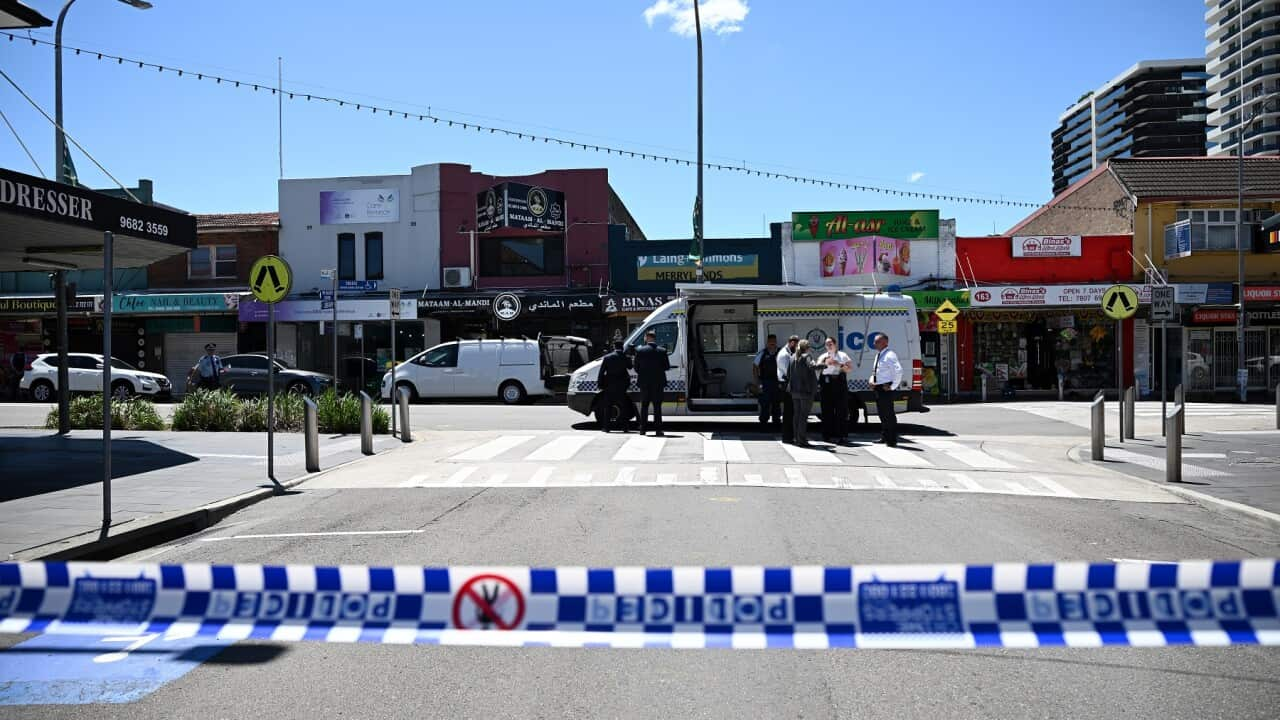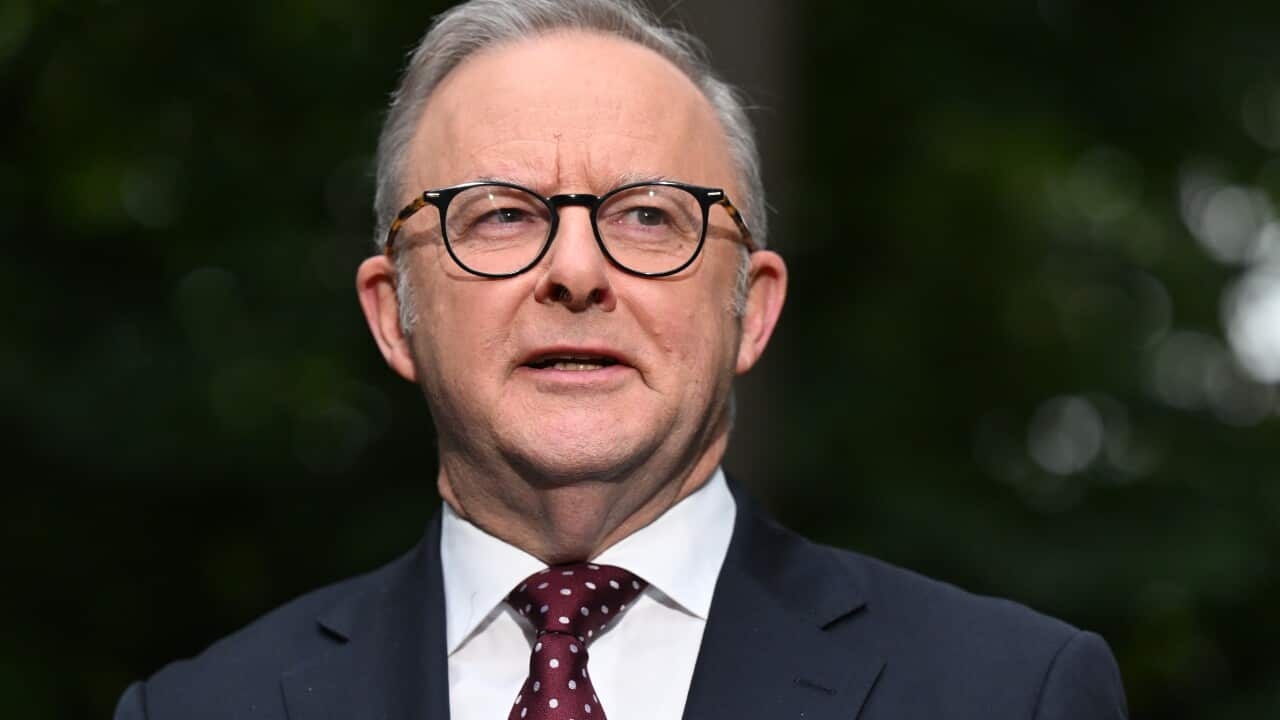Listen to Australian and world news, and follow trending topics with SBS News Podcasts.
TRANSCRIPT
In the 2025 federal election campaign, opposition health spokeswoman Anne Ruston had this to say during a debate with Health Minister Mark Butler at the National Press Club in Canberra.
"Australia's health system has long been the envy of the world. It's a system grounded in the firm belief that no matter who you are or where you live, you will get access to affordability, quality health care and at the heart of that system is Medicare."
But while that might be the dream, multiple reports have found that's not always the reality - which is perhaps why health care was one of the defining features of the campaign for Prime Minister Anthony Albanese.
And why the focus of the public debate has been on GPs.
"We regard – in the Labor Party – Medicare as being the heart and indeed the soul of our health system. We believe that people should be able to see a doctor for free."
But a new report from the Grattan Institute has put the spotlight on specialist doctors.
Elizabeth Baldwin is one of the co-authors of the report.
"These are referred medical care, the kind of thing you need a referral from your GP for. And after patients get that referral and need that specialised health care they're faced with a really tough choice in our system at the moment. Either they go and make an appointment with a private specialist and then they might be hit with some pretty high fees. Only a third of appointments are bulk billed... So either they cough up in the private sector or they queue up in the public sector. And those wait times for a free public appointment can be months, sometimes even years long."
It's no niche issue.
Demand for primary care and specialist services has grown, as Health Minister Mark Butler has acknowledged.
"We've got a growing population that's getting older with more complex chronic disease."
About four in 10 Australians visited a specialist in the 2023-24 financial year.
Average out-of-pocket costs for extreme-fee-charging specialists in 2023 for example reached $671 for psychiatry services and more than $350 for endocrinology, cardiology, paediatrics, immunology and neurology services.
Elizabeth Baldwin says about two-thirds of appointments across all specialties are private ones, with patients receiving a Medicare rebate and paying a gap fee that can be substantial.
"About one in five Australians who see a specialist are hit with what we're calling an extreme fee at least once a year. They're only charged by about four percent of specialists - so they're real outliers - and they're fees that are more than triple the Medicare schedule fee. So that's the amount that the government tips in for every single visit. And those extreme fees can be hundreds of dollars for a single consultation."
These figures are born out by GPs like Dr Nindhi Ahilan.
"When patients attend they don't really often talk about the cost of seeing the GP as much as they talk about the cost of going on to see a specialist... Sometimes that means a delay in care... But some women are just avoiding care altogether."
Australian Medical Association president Dr Danielle McMullen was not available for an interview to respond to the report.
But the AMA said in a statement that the report validates what they have been saying all along about the need for greater public hospital funding - and how the current Medicare rebates are still not enough.
"The report highlights the urgent need for reforms to ensure Medicare rebates keep pace with the rising costs of delivering timely, high-quality healthcare to all Australians... Private outpatient services alleviate pressure on the broader health system, and ongoing support for this sector... is vital to maintaining choice, affordability, and sustainability."
The Grattan Institute's findings follow similar reports from Private Health Australia and the Commonwealth Bank's patient insights survey on costs for specialist care.
Both documents found that patients in the Australian Capital Territory, New South Wales and Queensland are being hit with the highest out-of-pocket fees for private medical care in Australia.
Elizabeth Baldwin says these high costs have a negative impact on patients, potentially leading to missed diagnoses, avoidable pain and added pressure on hospitals.
She says strong action is needed - including the funding of a million extra specialist appointment services every year in areas that receive the least care, more money for specialist training in rural areas, and a kind of naming and shaming.
"The government should do the maths on how much the specialist has charged on average across all of their consultations, and those that are reaching that threshold of triple or more for their Medicare scheduled fee should have that Medicare funding withdrawn. We don't think that the federal government should be implicitly subsidising these really extreme fees for patients."
The AMA says that's an extreme and unnecessary response.
"The report goes too far in suggesting the government should deny patients access to their Medicare rebate simply because of their choice of specialist. We have also been calling for an independent Private Health System Authority to oversee reforms that would support a more sustainable private health system — one that protects patient choice and clinical autonomy."













